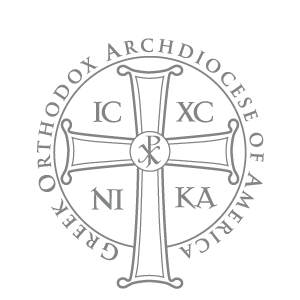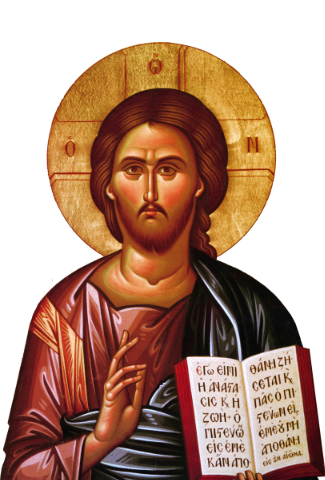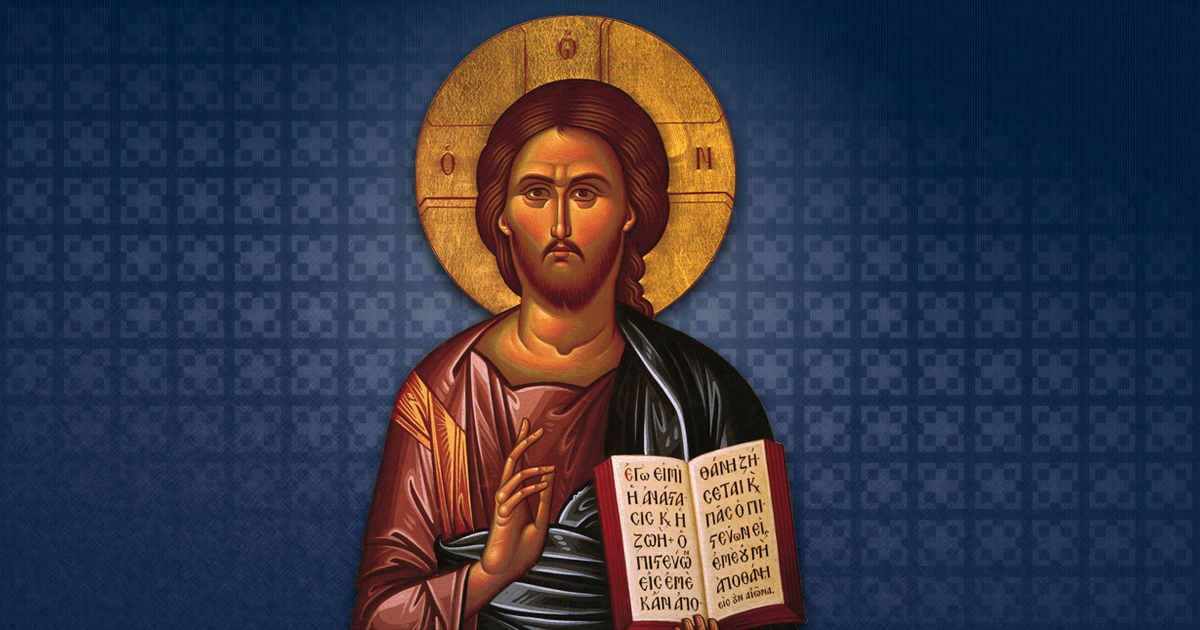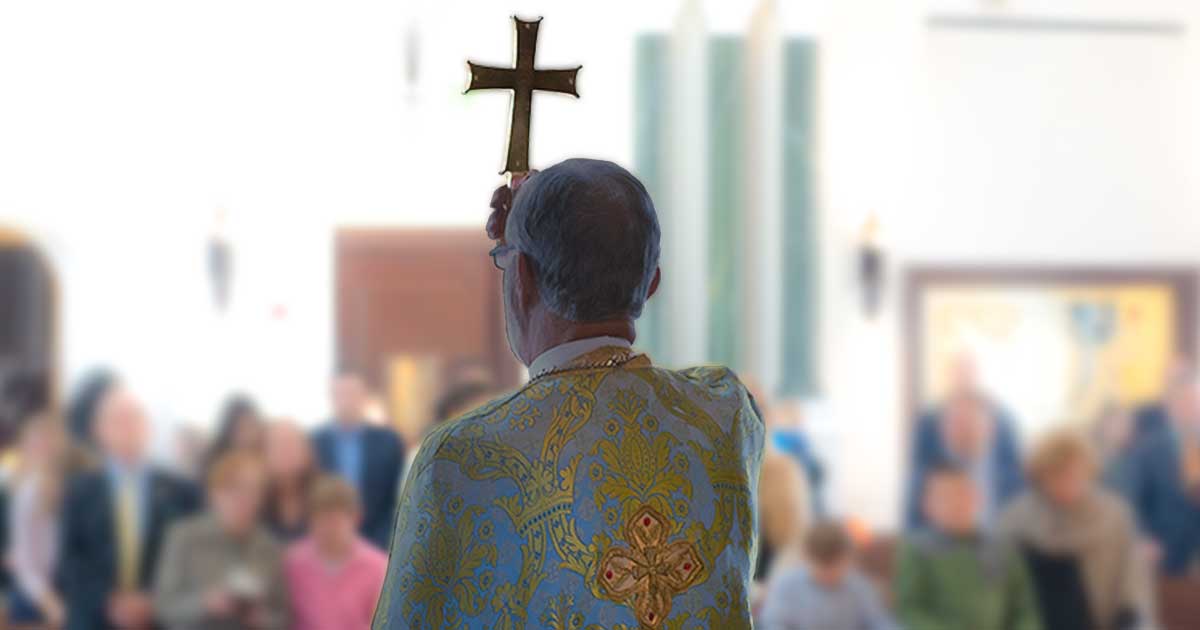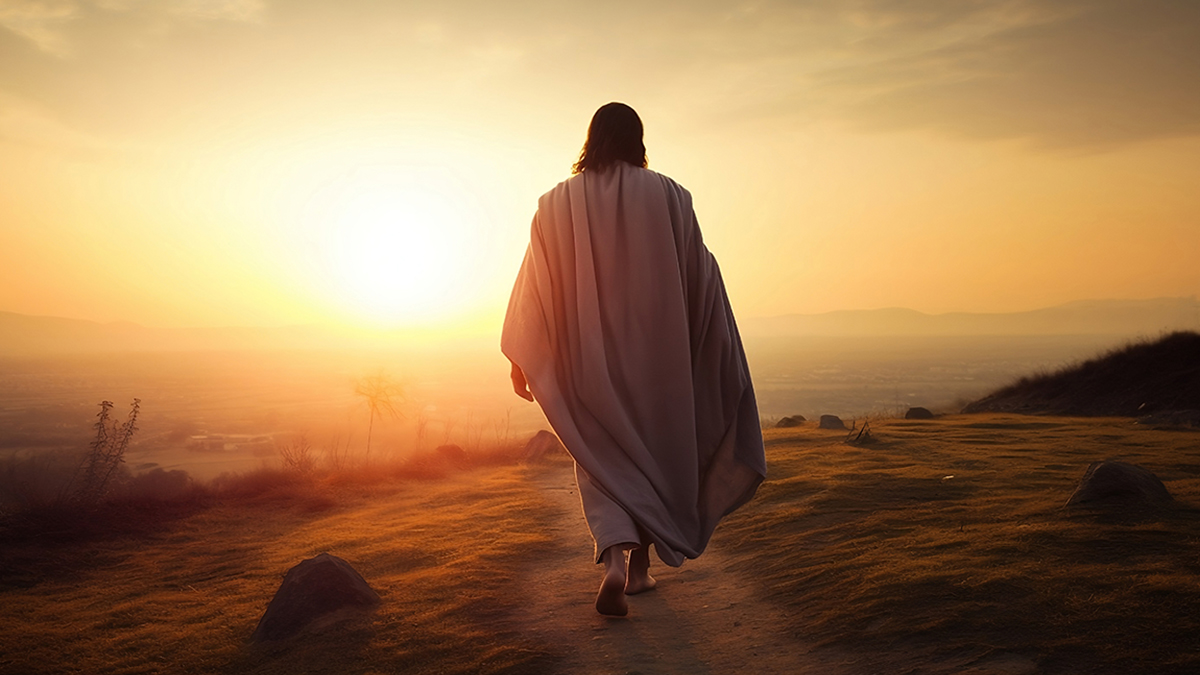
Worship With Us
Join us in worship! Experience the beauty of the Divine Liturgy and connect with our community as we gather to praise God and grow in faith together. Everyone is welcome!

Offering Your Time, Talent, & Treasure
Support the mission of our Church through Stewardship. Your time, talent, and treasure help us grow in faith, serve our community, and share God's love with others. Thank you for your generosity!

Introduction to Orthodoxy
An ever-growing number of persons from various backgrounds are becoming interested in the Orthodox Church. These individuals are discovering the ancient faith and rich traditions of the Orthodox Church.
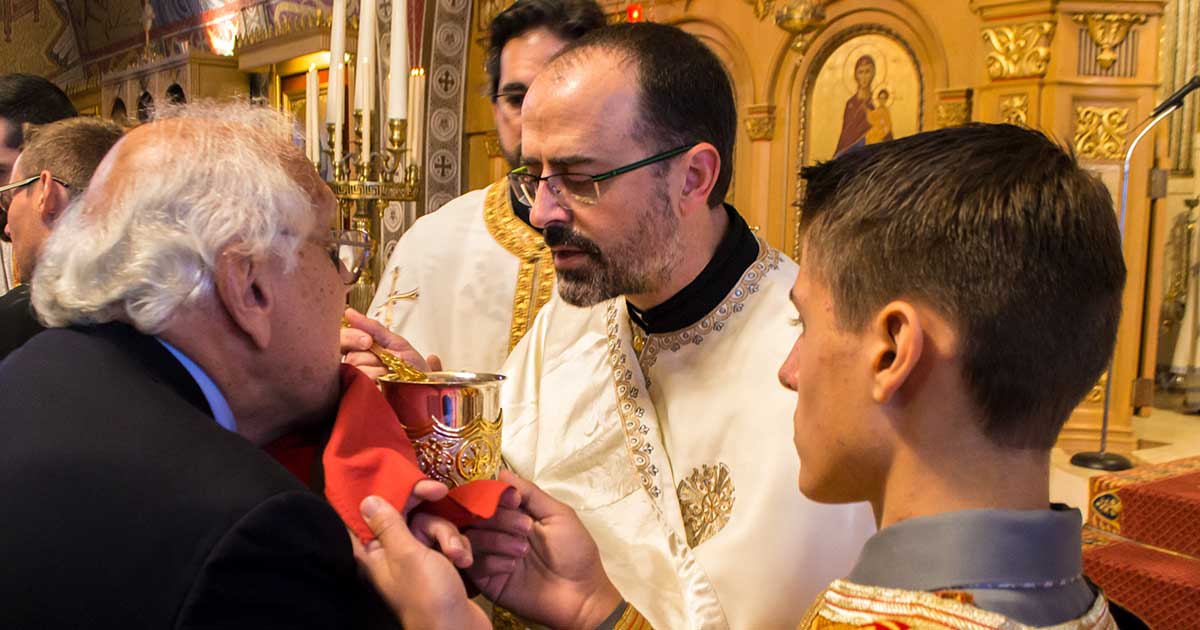
Becoming an Orthodox Christian
The life of the Orthodox Church perpetuates and fulfills the ministry of Jesus Christ.
Worship and Fellowship at Holy Cross
Welcome to the Holy Cross Greek Orthodox Church website. Our community is dedicated to upholding the teachings of Jesus Christ and the early Church Fathers. On this site, you will find information about our liturgical services and community programs. Whether you are a lifelong member or exploring our faith for the first time, we invite you to learn more about our practices and values.
Upcoming Services & Events
Link to Online Services: https://www.youtube.com/channel/UCWxmGCNvU5sJNVhs1J2UVzg
Weekly Themes
February 3 – The Meaning of Great Lent
February 10 – Preparation for the Lenten Journey
February 17 – The Spirit of Lenten Worship
March 3 – The Meaning of Fasting
March 10 – The Lenten Journey toward Pascha
March 17 – Appendix: Liturgical & Spiritual Reflections
Journey to Great Lent by Fr. Alexander Schmemann
All are welcome.
Zoom Link:
https://us02web.zoom.us/j/89054497738?pwd=yYwOCntV2NUpdJBMa3oOh2Hennabir.1
Link to Online Services: https://www.youtube.com/channel/UCWxmGCNvU5sJNVhs1J2UVzg
Weekly Themes
February 3 – The Meaning of Great Lent
February 10 – Preparation for the Lenten Journey
February 17 – The Spirit of Lenten Worship
March 3 – The Meaning of Fasting
March 10 – The Lenten Journey toward Pascha
March 17 – Appendix: Liturgical & Spiritual Reflections
Journey to Great Lent by Fr. Alexander Schmemann
All are welcome.
Zoom Link:
https://us02web.zoom.us/j/89054497738?pwd=yYwOCntV2NUpdJBMa3oOh2Hennabir.1
Community Resources
Stay connected to our parish life and deepen your faith through these resources:
-
Online Worship – Join us in prayer and worship through our live-streamed services, ensuring you can participate in the Divine Liturgy and other services wherever you are.
-
Bible Study – Grow in your understanding of Holy Scripture and the teachings of the Church through guided discussions rooted in the Orthodox tradition.
-
Weekly Email Updates – Receive parish news, upcoming feast days, service schedules, and special announcements to stay informed and engaged.
-
Fast Worthy Coffee Hour – Offer hospitality by hosting coffee hour after the Divine Liturgy, fostering fellowship and strengthening our parish community.
- Liturgical Guide: Hymns and Readings – to access Sunday's Hymns, Gospel and Epistle readings, and the lives of the Saints and Feasts to deepen your participation in worship.
Online Chapel

2nd Thursday of Lent
Visit the Online Chapel for more daily readings, hymns, a monthly calendar of saints and feasts, and more.
